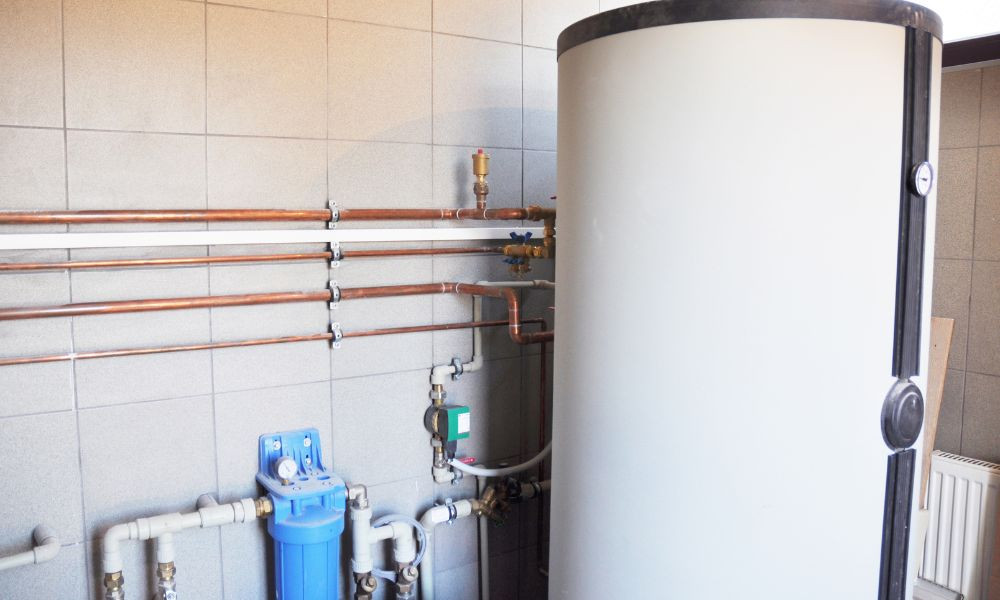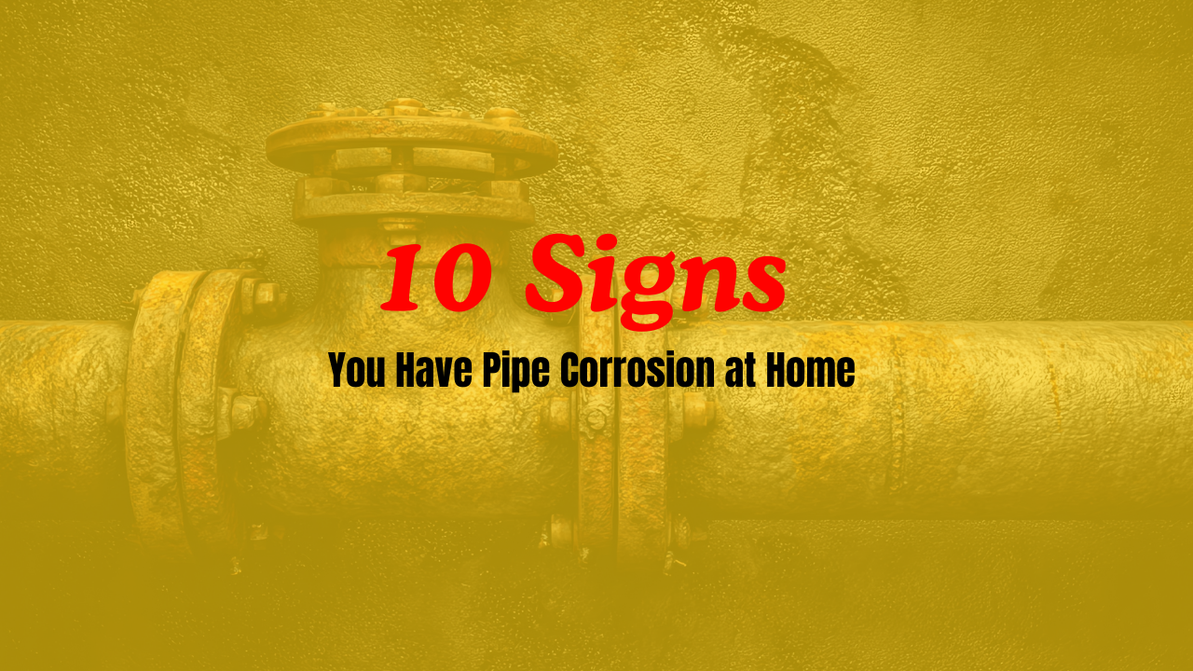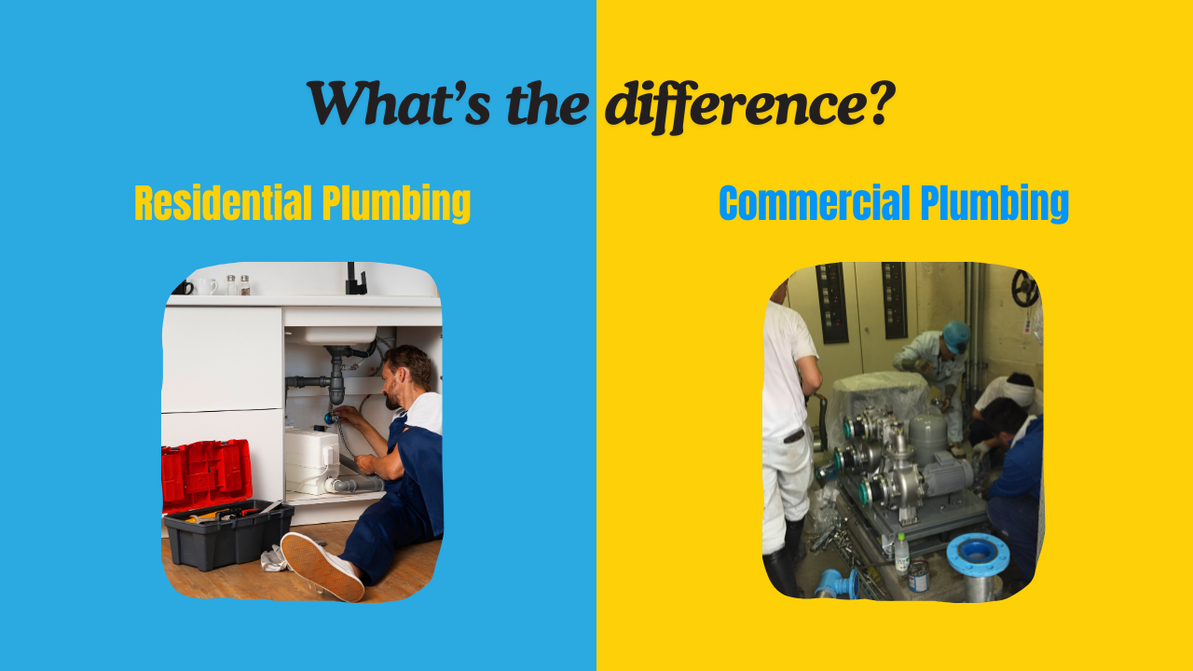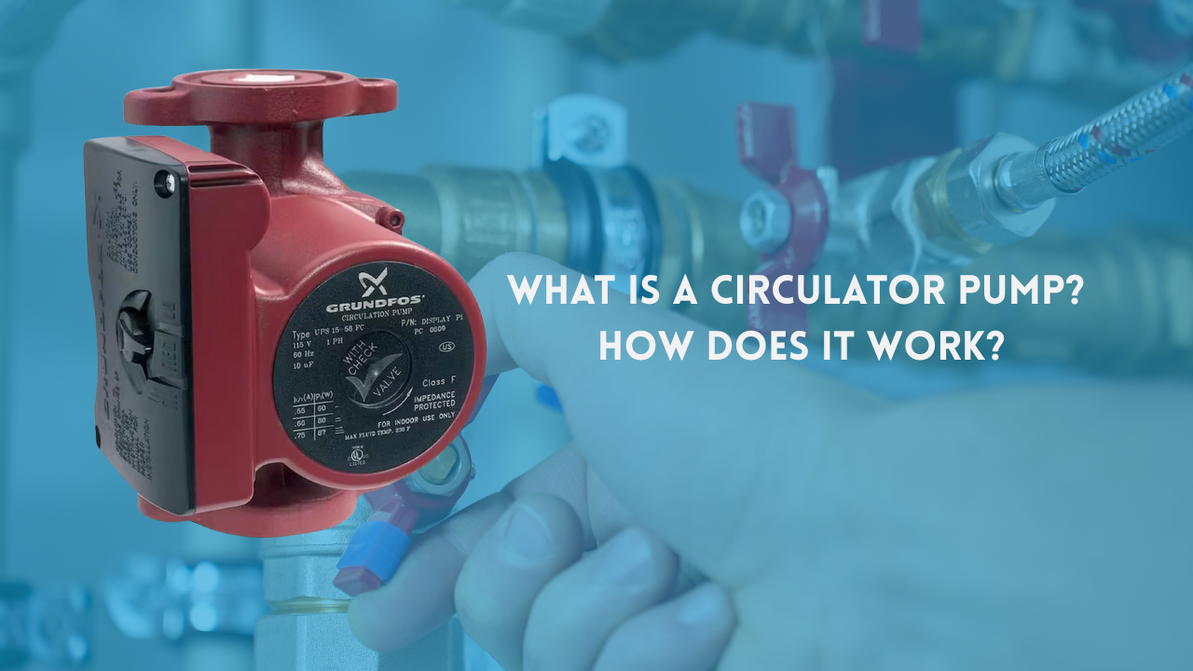Understanding Boiler Types and Applications
Navigating the world of boilers might not be your everyday adventure, but it’s a journey worth taking if you’re keen on optimizing your energy use. Boilers are the backbone of heating systems across the globe, yet the details of their operations and the variety available often go unnoticed.
This guide aims to demystify boilers, highlighting the different types and pinpointing applications where each shines brightest. With the right knowledge, selecting the perfect boiler becomes less about guesswork and more about smart, informed choices.
Fire-Tube
Fire-tube boilers are characterized by the hot gases flowing through tubes that are surrounded by water. They’re traditionally used in smaller operations where the demand for steam pressure is moderate. Their compact design makes them ideal for small to medium-sized industrial applications, such as textile manufacturing, food processing plants, and small chemical facilities. The simplicity of fire-tube boilers makes them cost-effective to install and easy to operate and maintain.
Water-Tube
Meanwhile, water-tube boilers feature tubes filled with water that are exposed to hot gases on the outside. This design allows them to operate at higher pressures and makes them suitable for large industrial applications requiring significant steam or hot water output. Major power plants, large manufacturing factories, and maritime vessels often rely on water-tube boilers due to their efficiency and capacity for handling high-pressure demands.
Condensing
Condensing boilers are designed to increase efficiency by recovering heat that would otherwise be lost. They condense water vapor in the exhaust gases and recover its latent heat, which it reuses to preheat the cold water entering the boiler. This process can lead to efficiencies greater than 90 percent. Given their high efficiency and reduced carbon footprint, condensing gas boilers are often used in residential and commercial settings aiming for energy savings and environmental sustainability.
Electric
As their name implies, electric boilers utilize electricity to generate heat, making them a clean and efficient choice for heating. They are commonly used in residential settings, small offices, or places where installing gas lines would be impractical or too costly. Electric boilers are valued for their efficiency, as almost all the electricity is converted into heat without any combustion losses. They offer a safer and environmentally friendly alternative, with the added benefits of being quieter and easier to install than gas or oil boilers.
Exploring boiler technology reveals its critical role in both industry and comfort. Each boiler type serves a unique purpose, from powering factories to heating homes. When you understand different boiler types and their applications, you can make informed purchasing decisions, whether for efficiency, environmental concerns, or specific needs.
Recent Posts
-
What Causes Pipe Corrosion?
Pipe corrosion occurs when metal reacts with water, oxygen, and minerals over time. Factors that spe …Feb 2nd 2026 -
Commercial vs. Residential Plumbing: 15 Key Differences You Need to Know
Plumbing might seem straightforward at first glance, but residential and commercial systems are fund …Feb 2nd 2026 -
What Is a Circulator Pump and How Does It Work?
Water needs to keep moving efficiently in plumbing and HVAC systems, and that’s where a circulator p …Feb 2nd 2026





